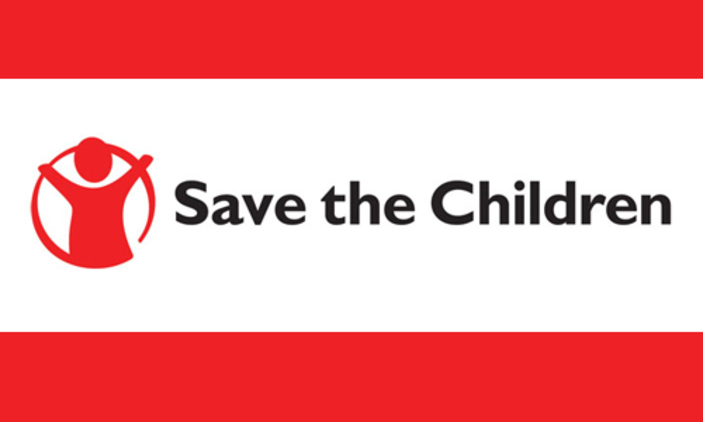Save the Children, an NGO, on Monday said 300,000 people have benefited from its ₦3, 500 cash transfer project to help them recover from the effect of crises in Borno.
Mr Chachu Tadicha, the Head, Food, Security and Livelihood, Save the Children said this at a Household Economic Analysis media meeting tagged: ‘’Strengthening Community Resilience through Improved Early Earning and Response Systems in Nigeria’’, organised by the NGO.
According to Tadicha, the 300,000 people that benefitted in Borno where drawn from 56, 000 households and were being given N3, 500 monthly cash transfers to buy food and 28,000 households were also being helped in Yobe.
He said that a household could get between N17, 000 and N25,000, depending on the size of the family, adding that the programme was a humanitarian project, which started since the crises in Borno and continued in 2019, until the situation improved.
“We are also intervening in Zamfara and Jigawa, through the social protection project for five years and we have helped over 100, 000 individuals who benefitted from our N4000 monthly cash transfers.
Read Also: Chinese illegal immigrants in Nigeria: NGO calls for probe
“The programme started around 2014 and is ending this July, from here, it goes into the Federal Government special protection programme.
“This intervention came about through the Household Economic Analysis (HEA) carried out in that region, HEA is an analysis of strategies people adopt to obtain access to the things they need to survive and prosper.
“ The initial aim of HEA was to improve the ability to predict short-term changes in population’s access to food in Nigeria, HEA is used to improve transfer values, beneficiaries targeting and early warning systems through the Cadre Harmonise policy.’’
According to Tadicha, Cadre Harmonise is a tool which permits classification of the nature and severity of acute food and nutrition insecurity for the current and projected situation.

